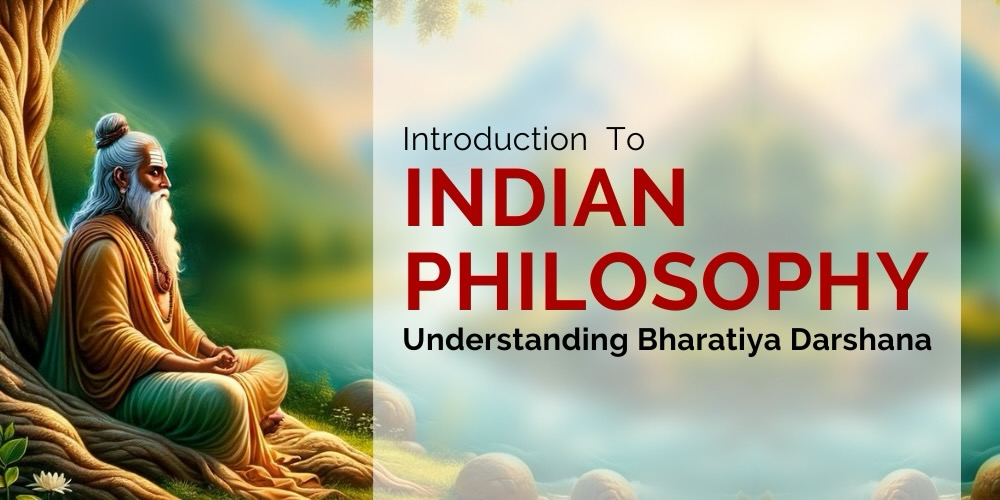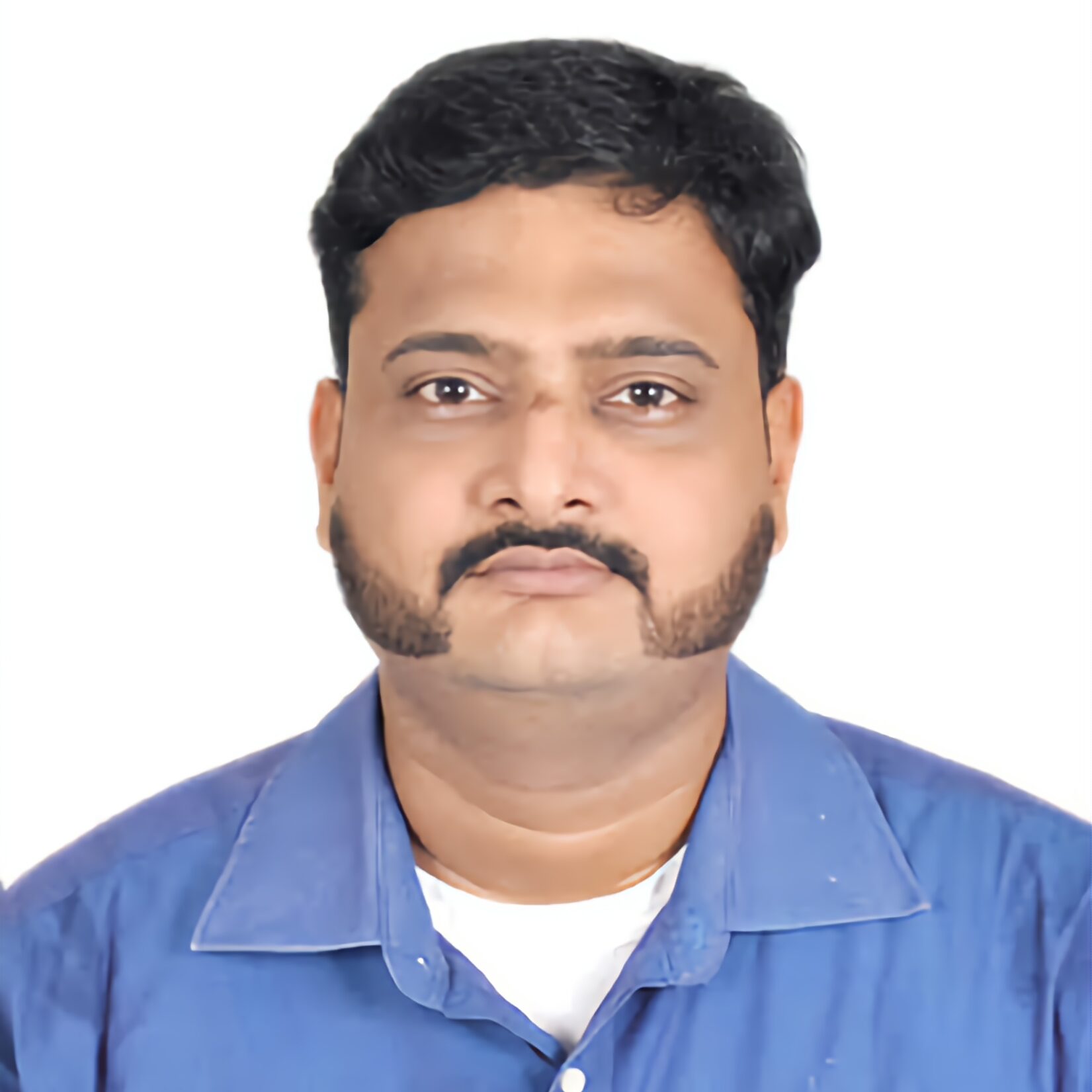
Introduction To Indian Philosophy Understanding Bharatiya Darshana
Embark on this enlightening journey to explore the philosophical underpinnings of Indian civilization. Whether for personal enrichment or academic pursuit, this course offers a unique window into the world of Bharatiya Darshanas.
Faculty
15 March 2024 - 30 March 2024
7:00 PM-9:30 PM IST
Every Friday and Saturday
Introduction
Dive deep into the heart of Indian civilization with our comprehensive online course, “Exploring the Depths of Bharatiya Darshanas.” This enlightening journey uncovers the rich tapestry of Indian philosophical systems, offering insights into both Nastika and Astika schools that have shaped millennia of cultural and intellectual history. Whether you’re a beginner or have prior knowledge, this course is designed to cater to a diverse range of students.
Course Objectives
The key objective of this course is to make the learners conversant and confident about the progression of thought in the Bhartiya Civilization.
Course Outcomes
Learners will be able to equip themselves with the knowledge that will help them become clear about their own ethos and also a toolkit that will help present the Dharmic narrative, as elucidated by the greatest gurus and scholars of Dharma, on how they, as individuals, can shape and foster Dharma.
Course Syllabus
The course content will cover the following Darshanas:
Astika – Nyaya. Vaiseshika, Samkhya, Mimamsa, Yoga, Vedanta
Nastika – Ajnana, Ajivika, Charvaka, Buddha Dharma, Jain Dharma
The course will provide and eight-point overview of all the 11 Darshanas in the following format:
- Overview
- Mukhya/Upa Acharyas
- One-line Summary
- Source Literature
- Core Principles
- Key Conclusions
- Text Snippets
- Current Status
Note: Each session includes a brief Q&A. The course concludes with an extensive Q&A session for in-depth discussion.
Reading List
Our curated reading list includes seminal works from each Darshana, providing a solid foundation for both theoretical understanding and practical application.
Yoga:
Original text with English translation, commentaries –
- The Yoga Sutras of Patanjali
- The Eight Limbs of Yogic Meditation, Swami Tadatmananda
Vedanta:
- Advaita
- Chinmaya International Foundation – Home Study Courses
- Arsha Bodha Center – Swami Tadatmananda.
- Vedanta Society of New York – Swami Sarvapriyananda
- Visishtadvaita
- Dvaita
- Dharma
- The Beautiful Tree, Dharampal Ji
Nyaya:
- Nyaya Sutra by Gautama Muni – original text with English translation, commentary
- Nyayasutra: India’s Epistemological Work, Prof. K Ramasubramanian, IIT Kharagpur
- Nyaya: The Indian School of Logic & Epistemology, Manjushree Hegde
Vaiseshika:
- Vaisesika Sutras – original text with English translation, commentary
- Space, Time and Anu in Vaiseshika, Roopa Narayan, Louisiana State University
- Vaisheshika : The Indian School Of Ontology And Natural Philosophy, Manjushree Hegde
- Indian Philosophy – Vaisheshika : Introduction, CEC, UGC
Samkhya:
- Samkhya Karika, Ishvara Krishna – – original text with English translation, commentary
- Samkhya Philosophy – The Journey from Consciousness to Matter, Dr Gyan Sahay
- The Sankhya System, CEC, UGC
Mimamsa:
- Mimamsa Sutras of Jaimini, Mohan Lal Sandal – original text with English translation, commentary
- An Exploration of Mīmāṃsā and its Contemporary Relevance, Brunda Karanam
Ajnana:
- Early Buddhist Theory of Knowledge, K.N. Jayatilleke
- A Course in Indian Philosophy, A. K. Warder
- The Dialectical Method of Sanjaya Belatthiputta, Dr. A. Chakravarthy
Ajivika:
- History and Doctrines of the Ajivikas: A Vanished Indian Religion, A. L. Basham et. al.
- Early Asceticism in India – Ājīvikism, Piotr Balcerowicz
- Story of Ancient India – Raj Vedam, Raj Vedam
Charvaka:
- Charvaka / Lokayata Analytic & Hermeneutic Study, Janaki Prakashan
- Charvaka Philosophy, Bodhisattva
- Charvaka Philosophy, Dr Tanu Jain
Buddhism:
Original text with English translation, commentaries –
- Tripitaka – The Triple Basket – commented upon by Dharmic/Western Scholars
- Vinaya Pitaka – Book of Discipline; Sutta Pitaka – Words of Buddha; Abhidhamma Pitaka – Summary
- Other prominent literature – Mahayana Sutta, among others
Jainism:
Original text with English translation, commentaries –
- Svetambara – white-clad
- Digambara – sky-clad
Course includes
- Live sessions
- Access to class recordings (for asynchronous participation)
- Certificate of Completion upon successful course completion

